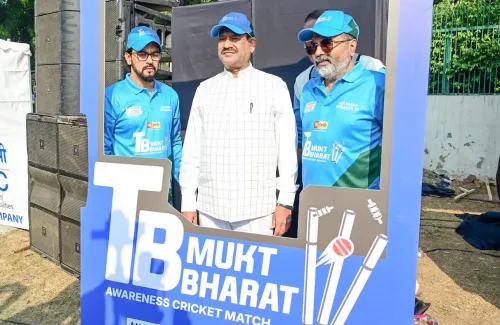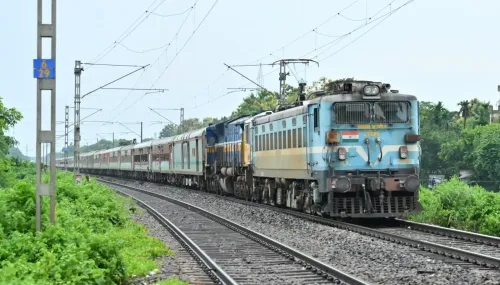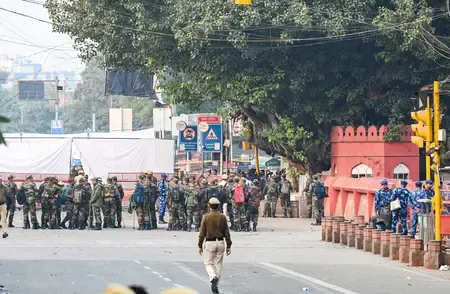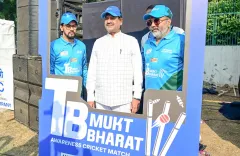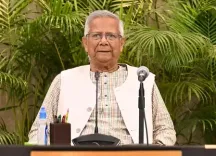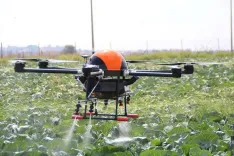What Discussions Did the Jal Shakti Ministry Hold on Greywater Reuse?
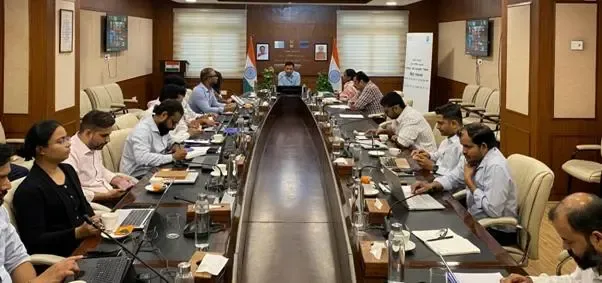
Synopsis
Key Takeaways
- Greywater management can save 30-40% of water.
- Community-led approaches are crucial for effective reuse.
- Innovative models were presented from various states.
- The Sujalam Bharat Summit aims to integrate grassroots perspectives into national policy.
- Strategies must be climate-resilient and localized.
New Delhi, Sep 22 (NationPress) The Jal Shakti Ministry commenced discussions on innovative models and community-driven approaches for the reuse of Greywater—domestic wastewater sourced from sinks, showers, baths, and washing machines, while excluding toilet water, as stated by an official.
Experts present at the event emphasized that effective Greywater management can conserve an impressive 30-40 percent of water.
The Department of Drinking Water and Sanitation (DDWS), under the Ministry of Jal Shakti, conducted a virtual workshop titled ‘Greywater Management and Reuse,’ where various states and development partners presented innovative, community-led strategies for water reuse.
This workshop was part of the preparatory thematic conference leading up to the upcoming Departmental Summit on Vision for Sujalam Bharat, set to take place at the end of November, chaired by Union Jal Shakti Minister C.R. Patil.
The event featured comprehensive presentations from Punjab, Maharashtra, Gujarat, Haryana, Jharkhand, and the RWPF Partner, WaterAid India.
These presentations showcased innovative models and community-led tactics, which included decentralized reuse technologies and panchayat-led initiatives, reflecting a variety of experiences from across the nation, as indicated in a statement.
The Sujalam Bharat Summit is one of six departmental summits designed to incorporate grassroots insights into national policy.
Facilitated by the Ministry of Jal Shakti and coordinated by NITI Aayog, these summits aim to reinforce the feedback loop between national missions and implementation at the field level, ensuring that strategies are not only effective but also aligned with local realities.
Archana Varma, Additional Secretary and National Water Mission Director, stated, “With effective greywater management, we can save up to 30-40 percent of water. This makes today’s workshop crucial in the broader context of Sujalam Bharat.”
She added that greywater management extends beyond cleanliness; it encompasses water security, public health, and climate resilience.
Kamal Kishore Soan, Additional Secretary and Jal Jeevan Mission Director, remarked that greywater management's importance has surged with the rollout of the Jal Jeevan Mission.
He emphasized, “Our efforts must concentrate on systems that are climate-resilient and tailored to local needs. Communities require solutions that are not only technically viable but also sustainable and customizable to their distinct contexts.”


